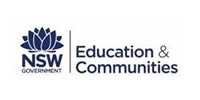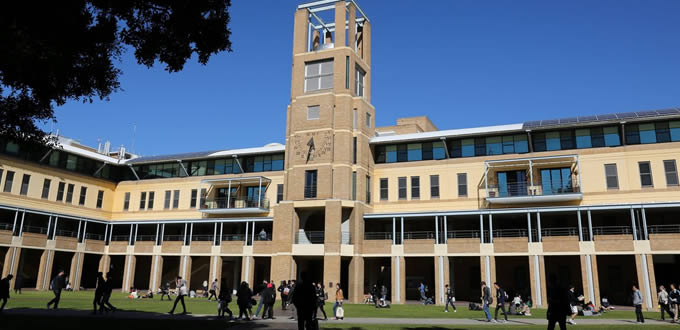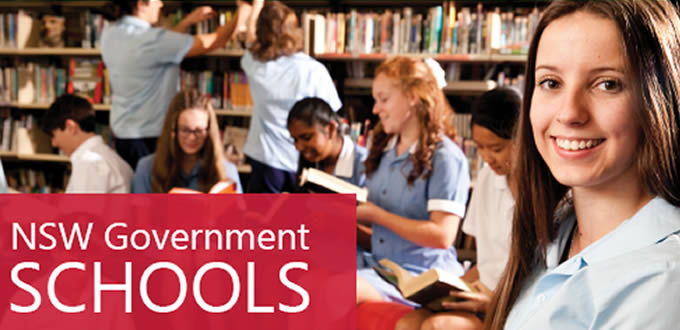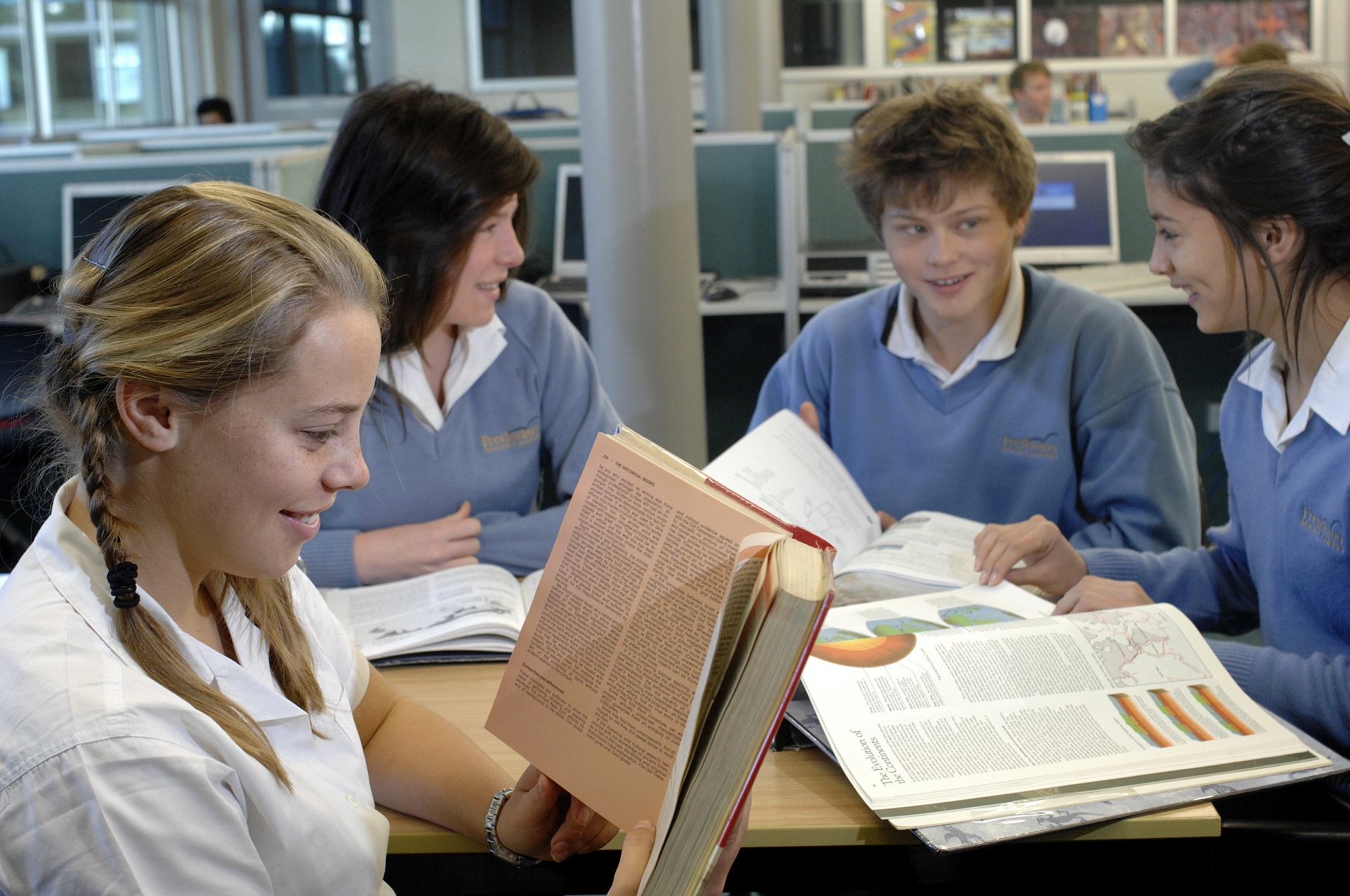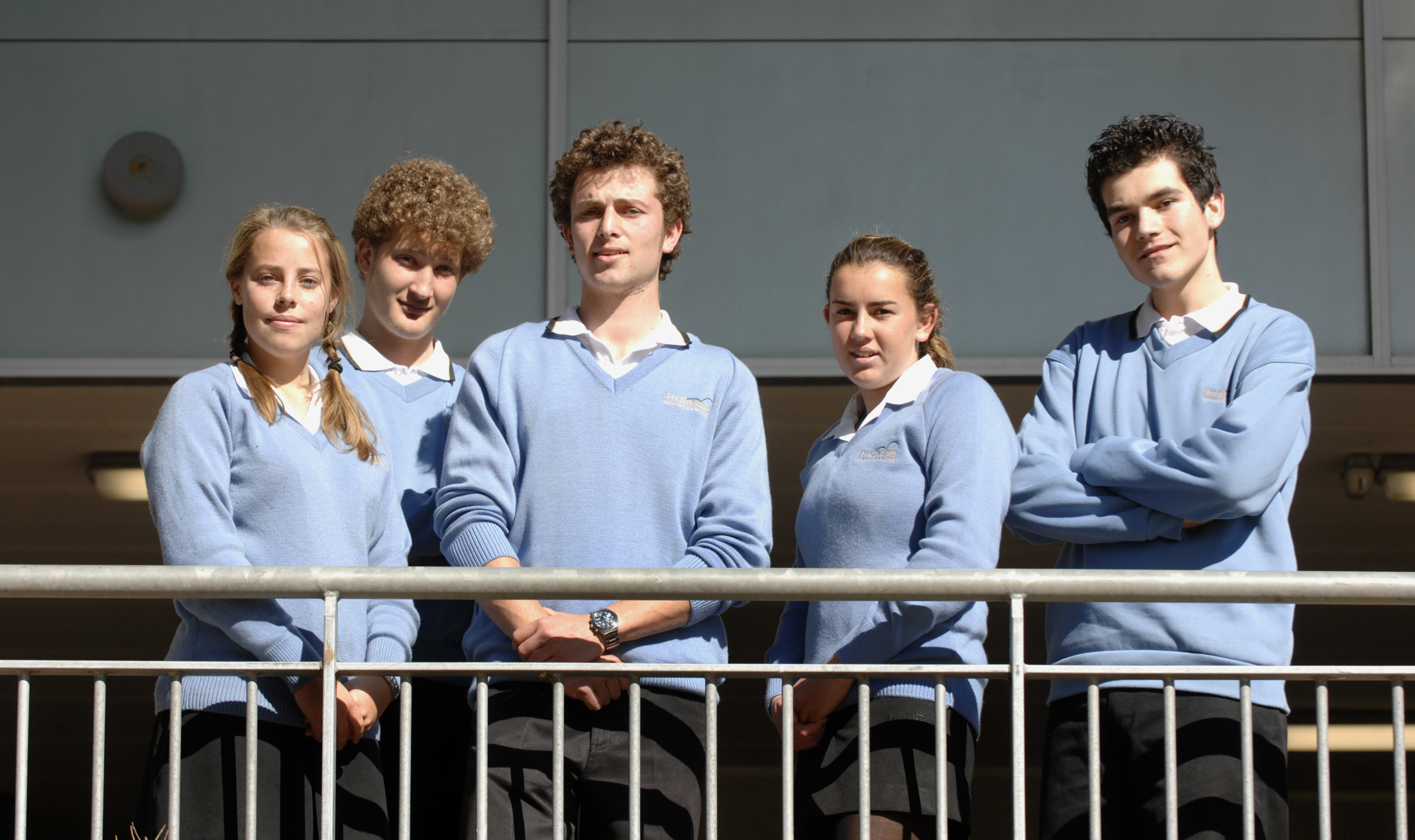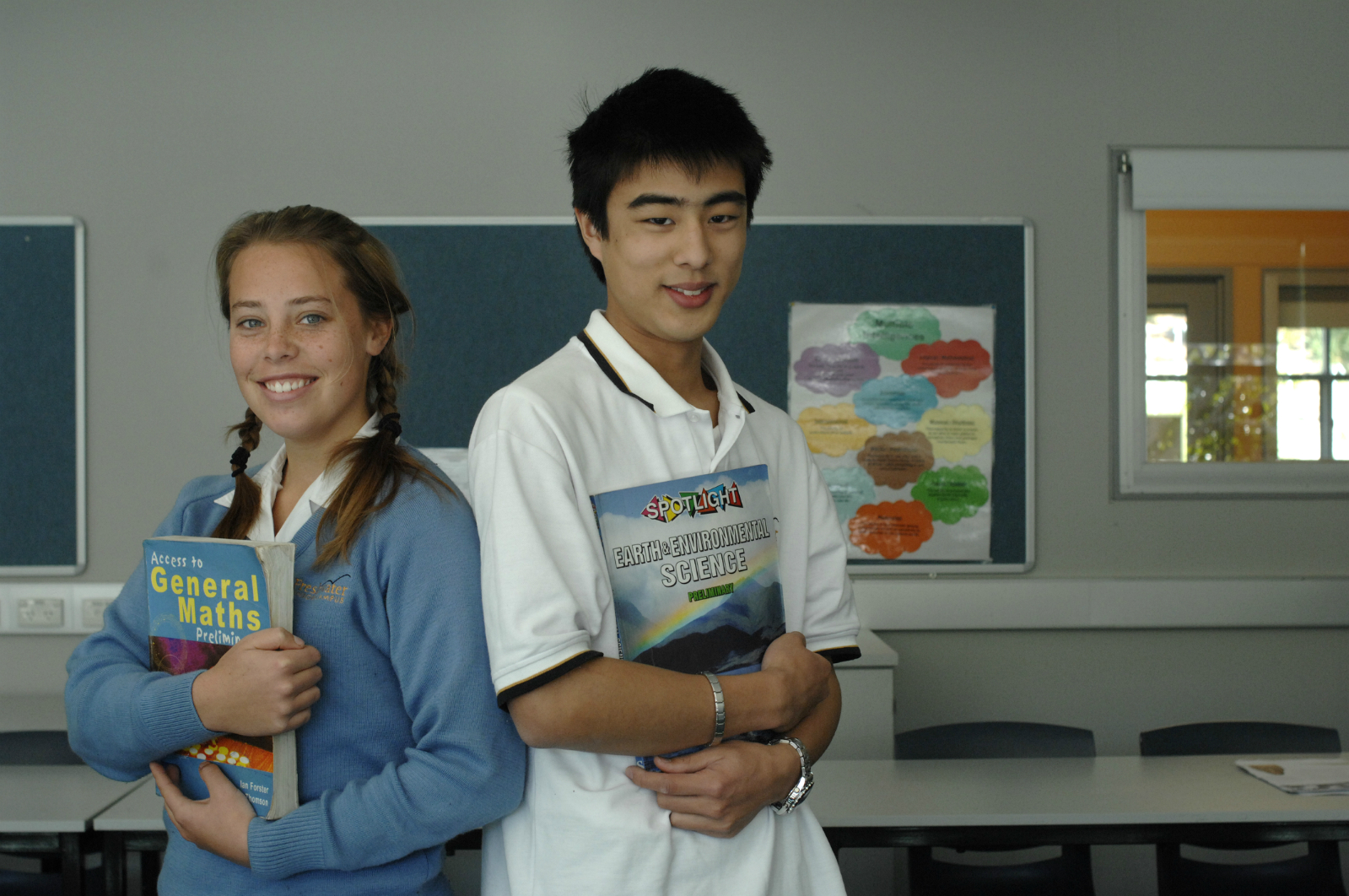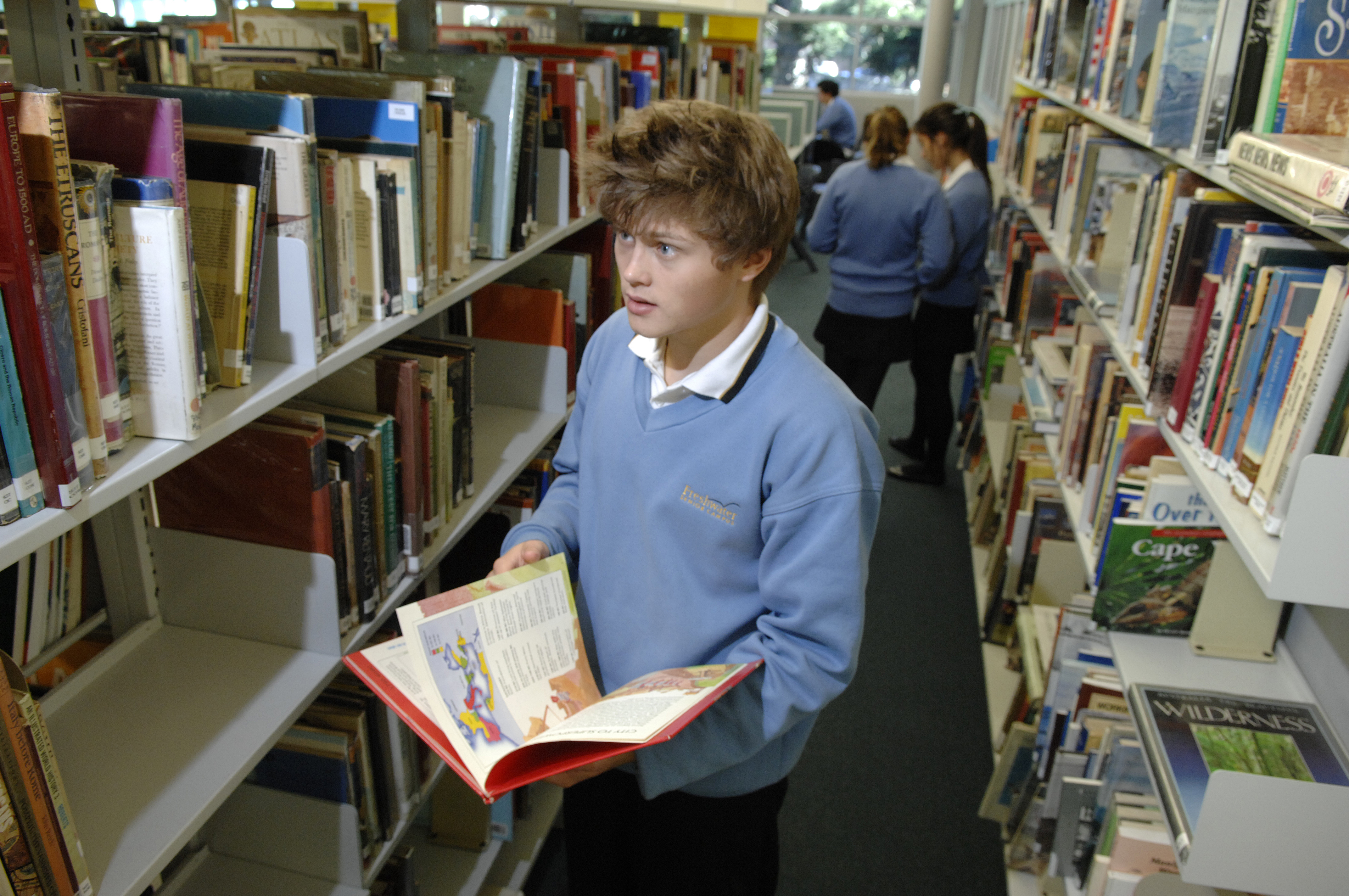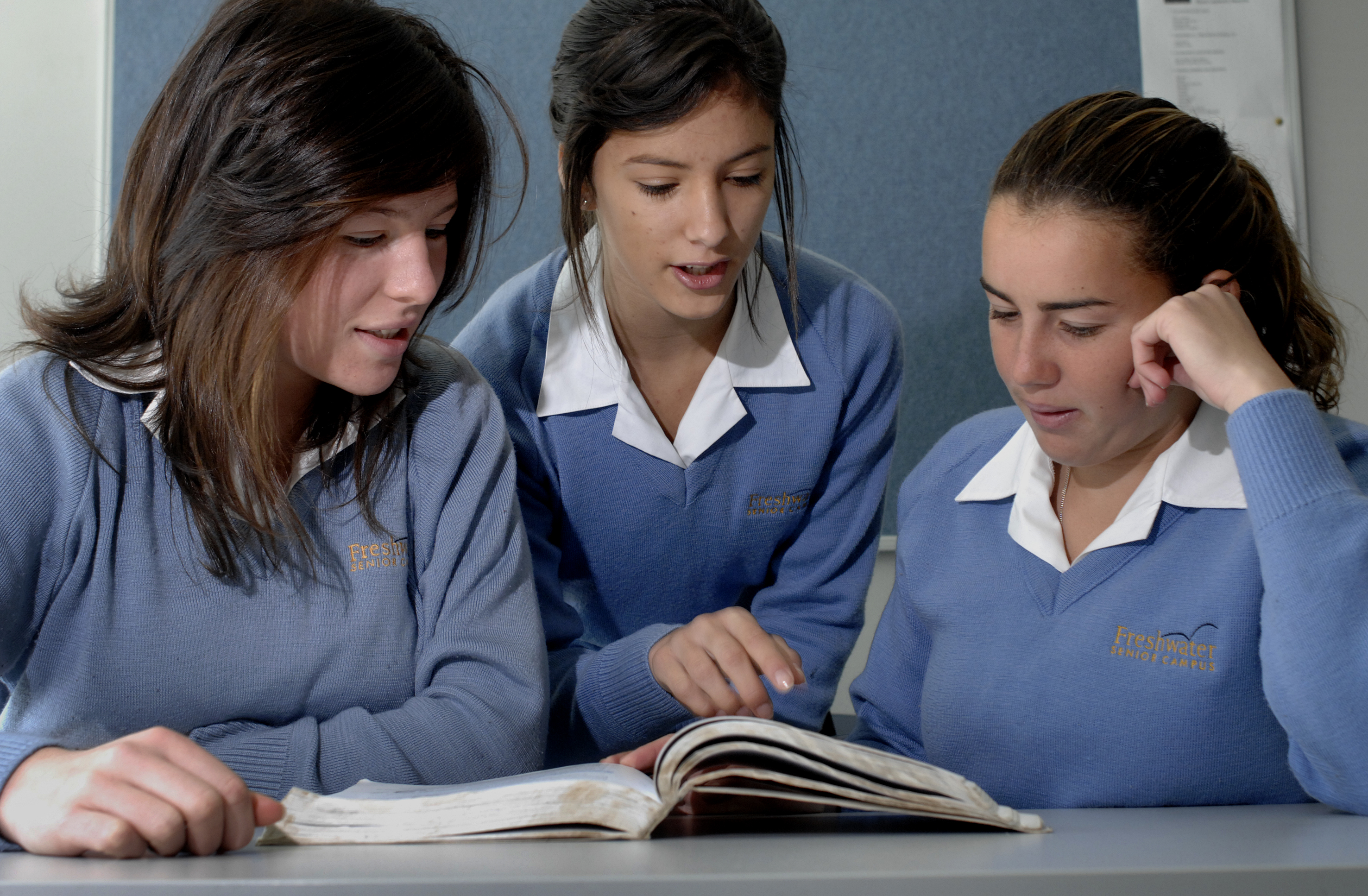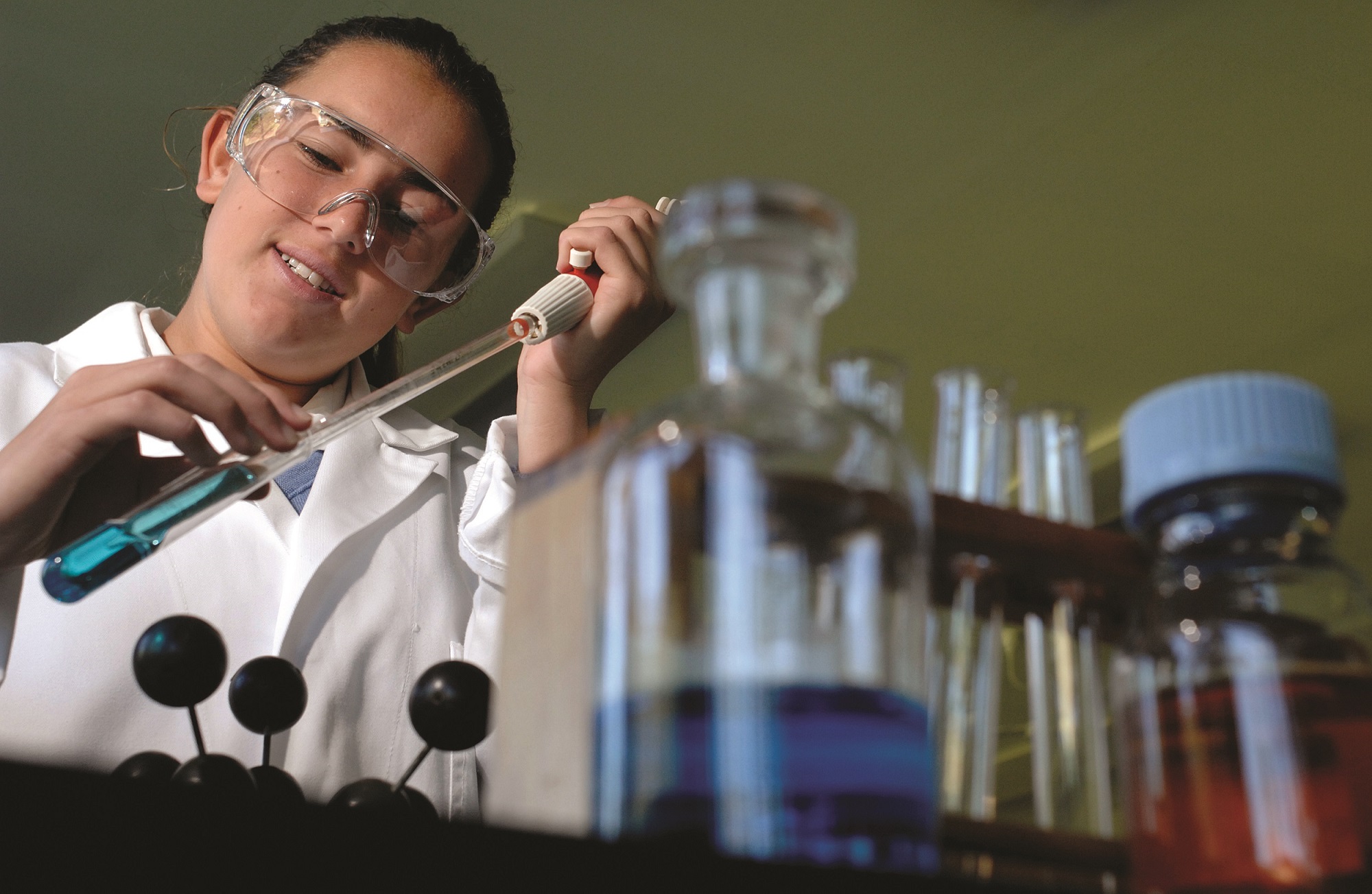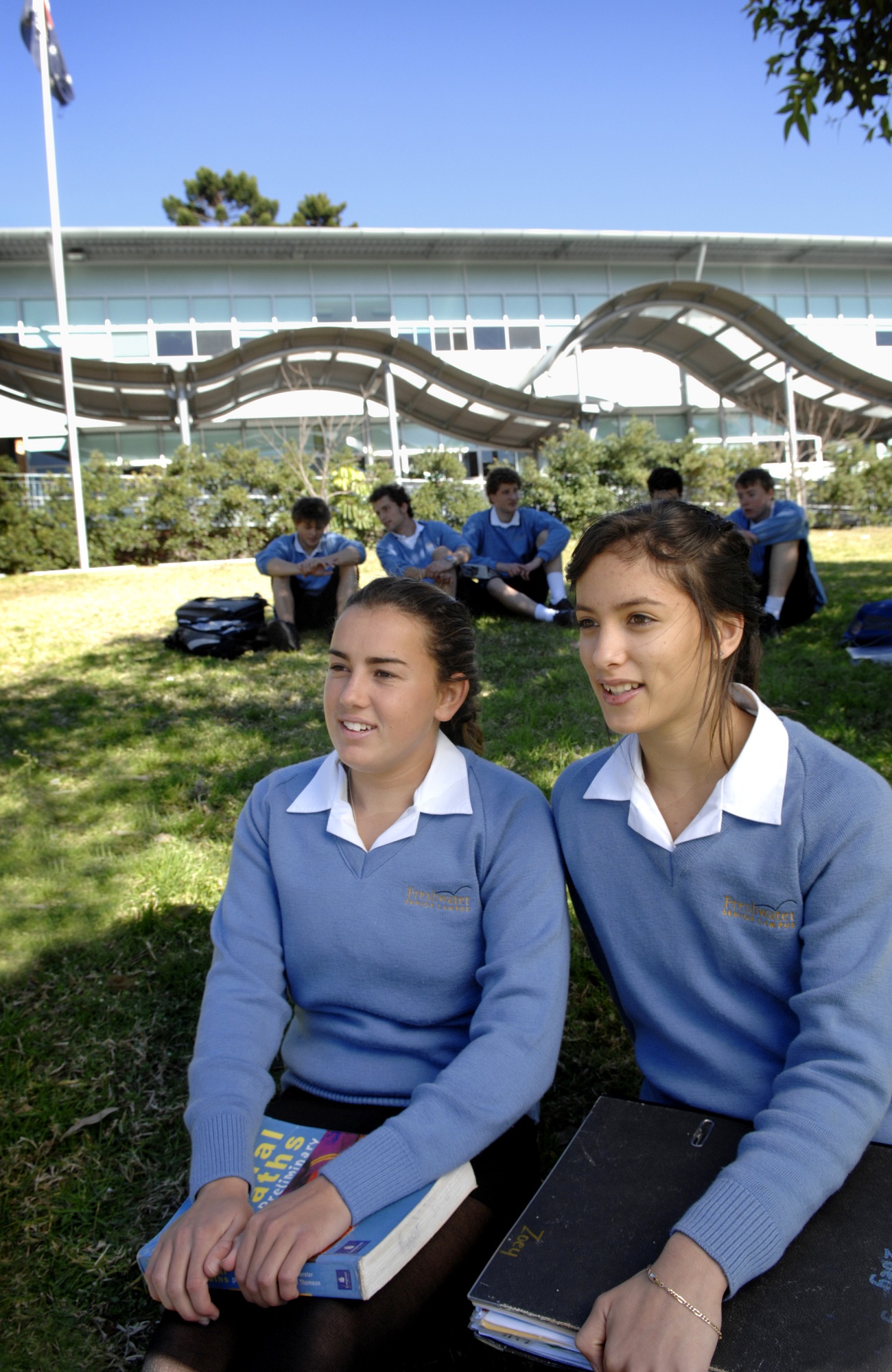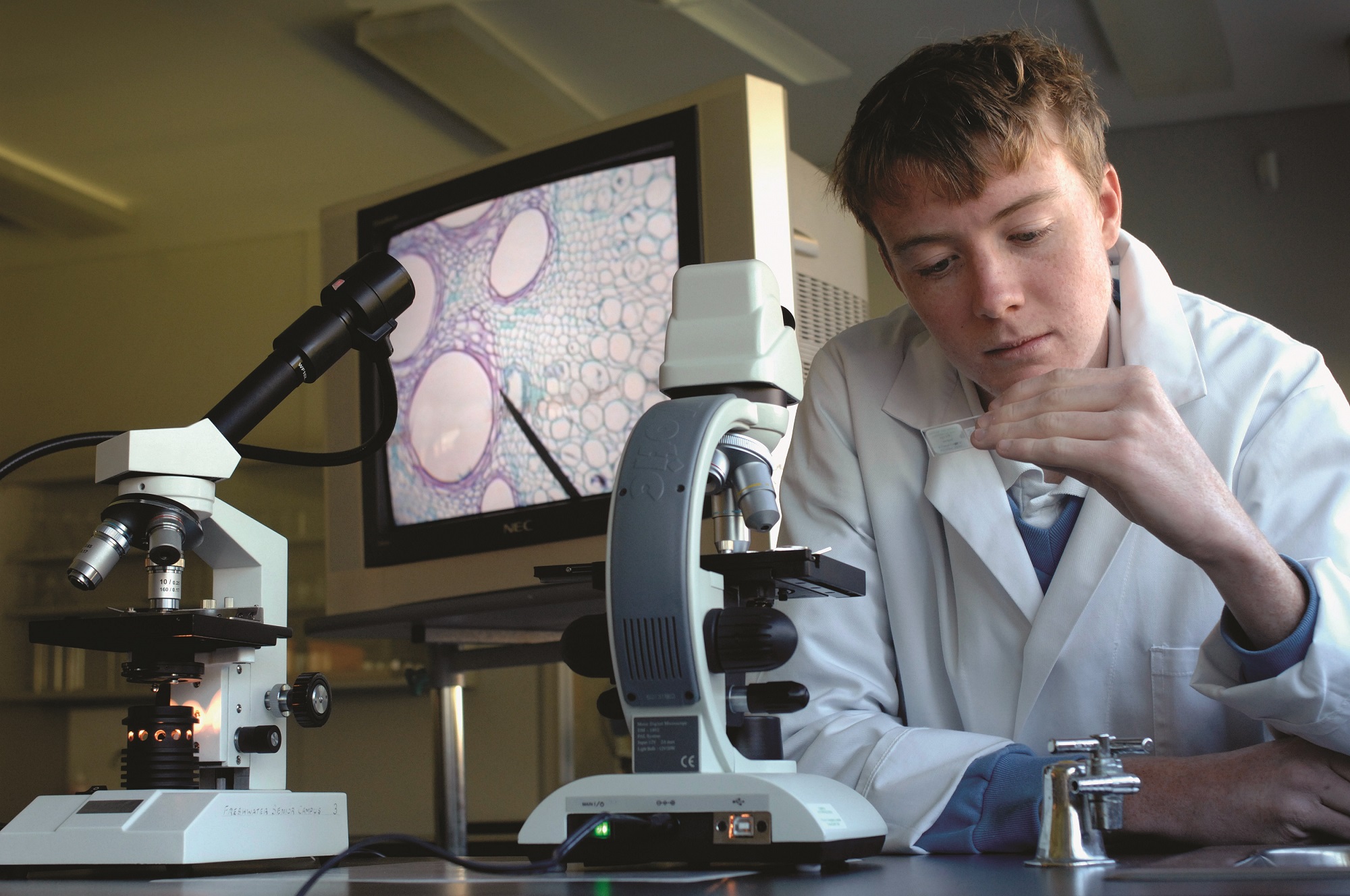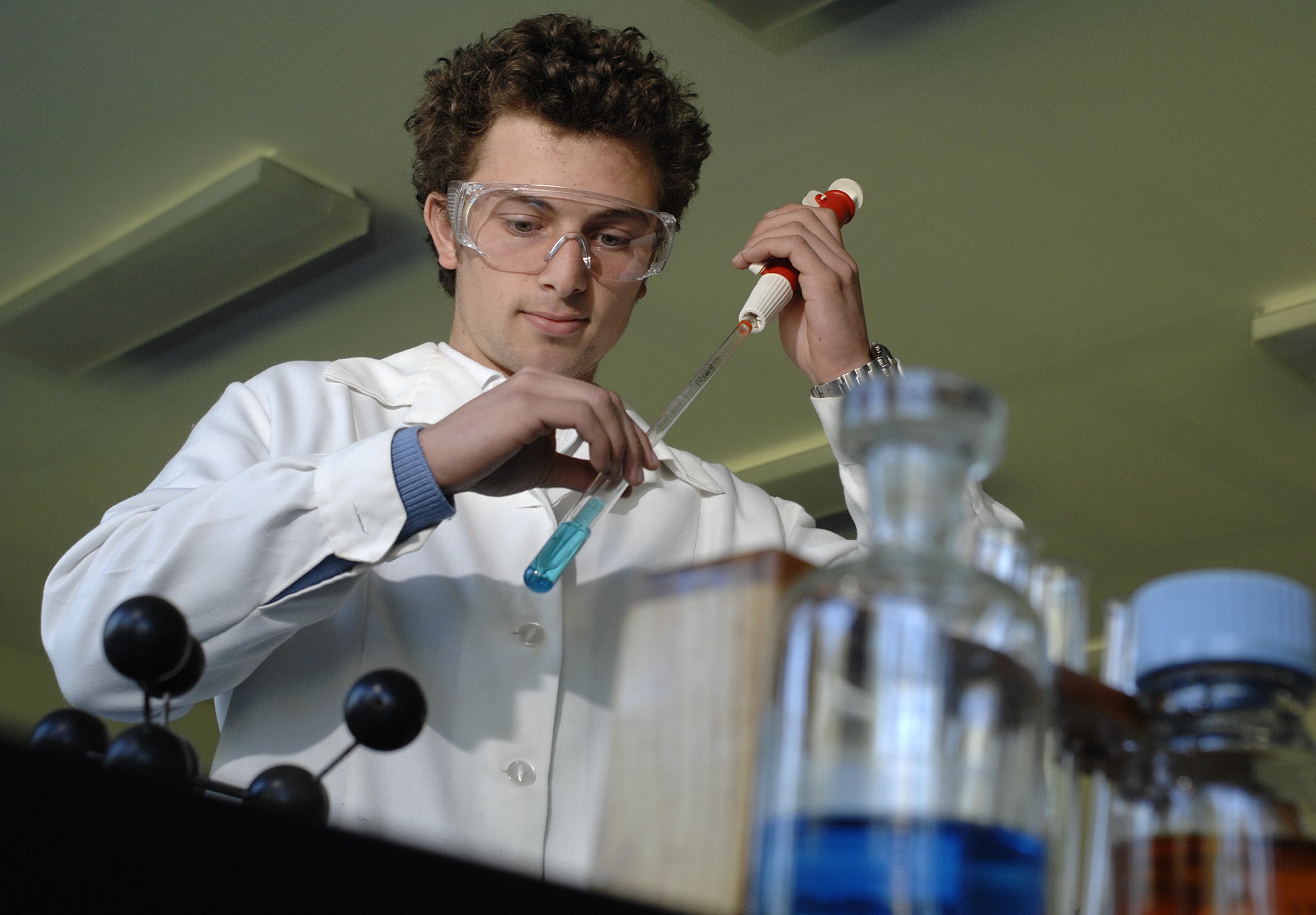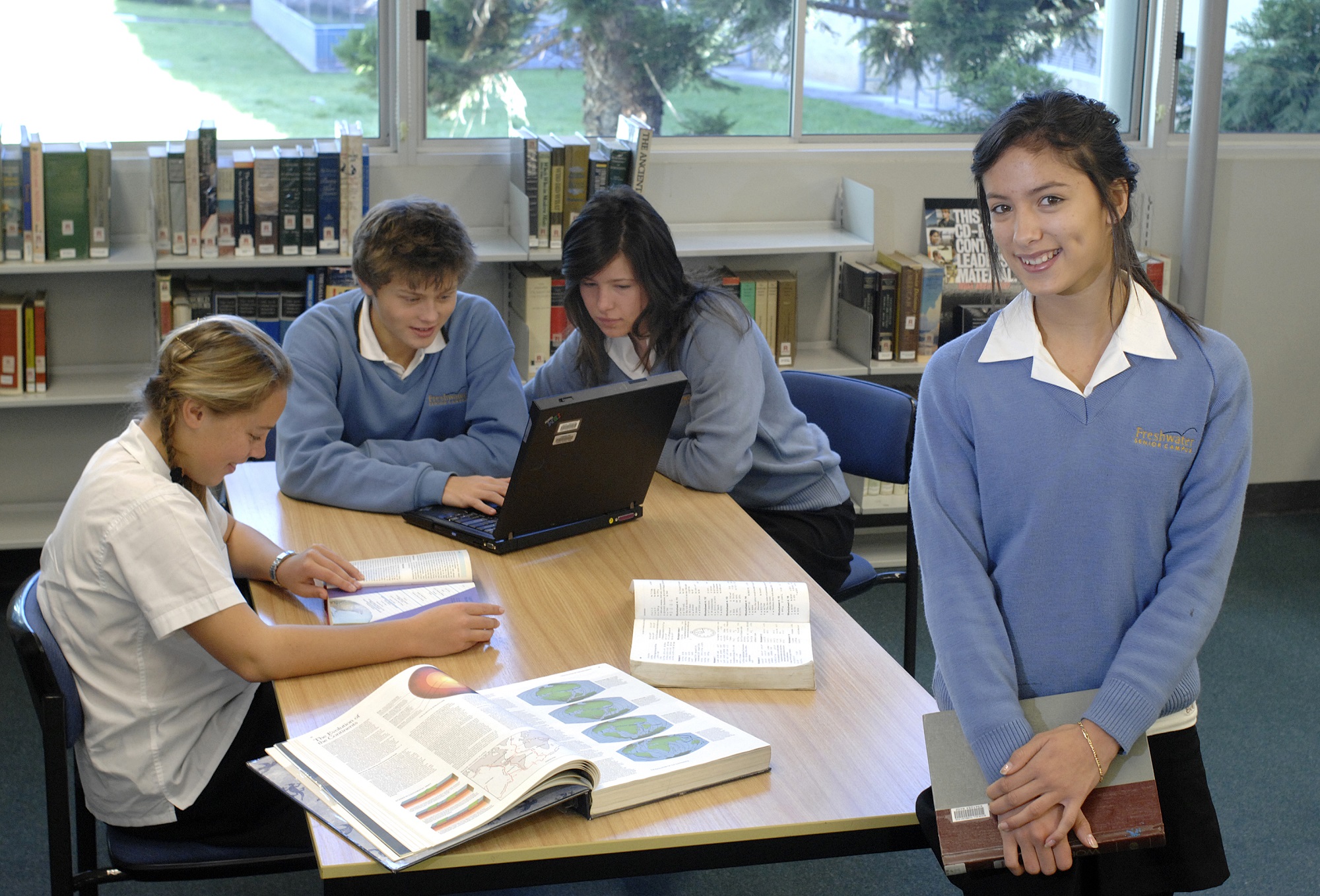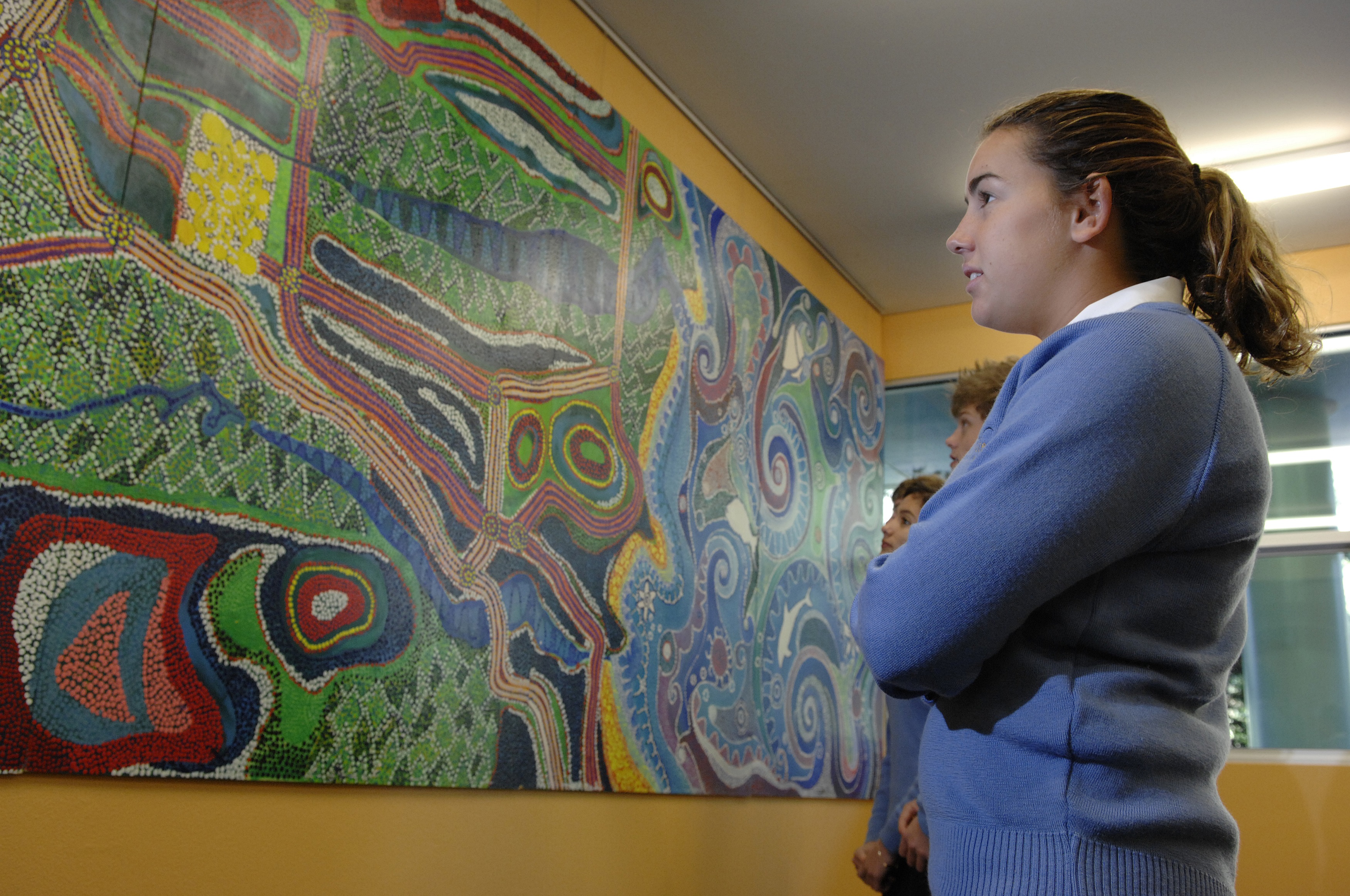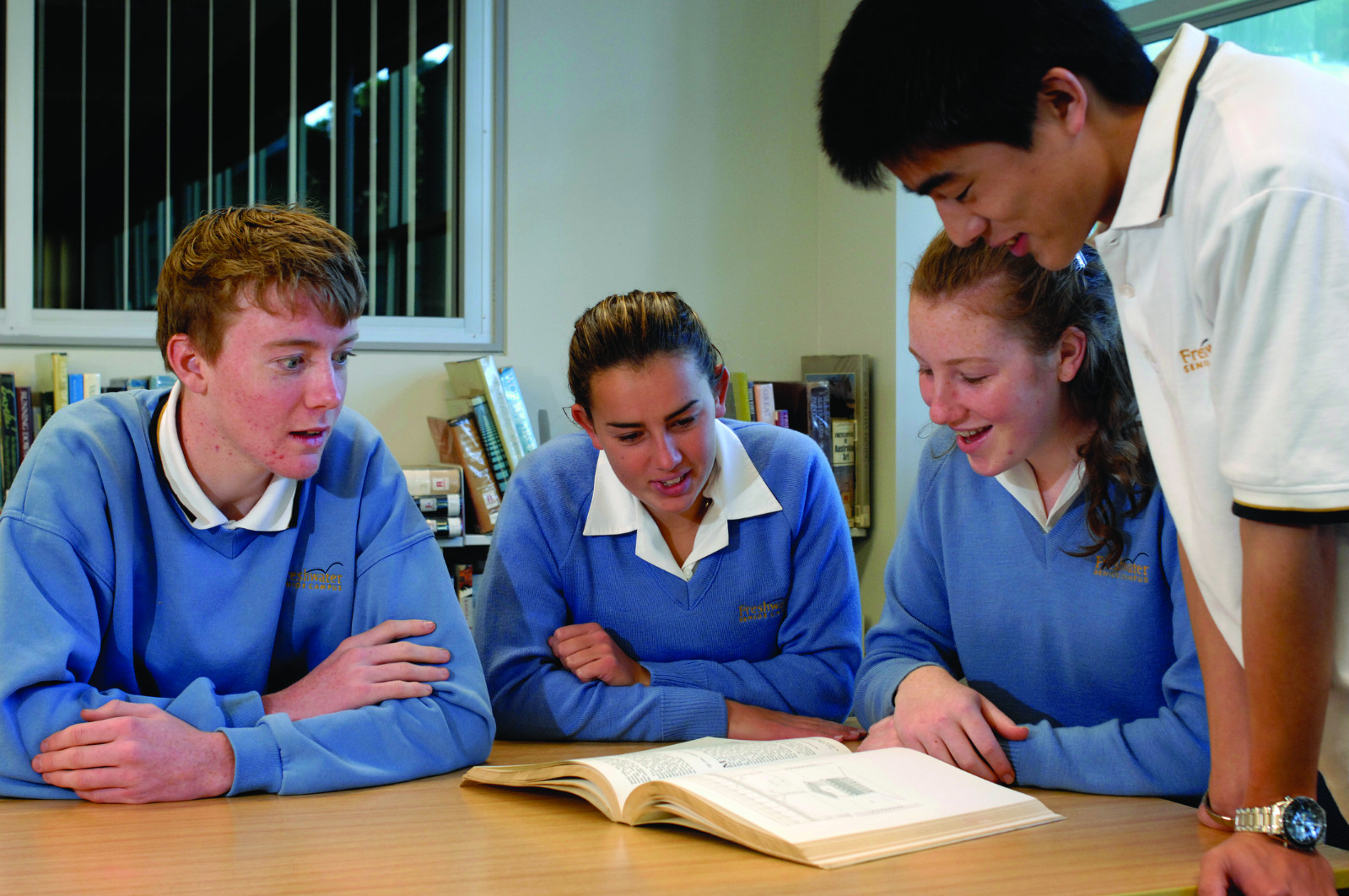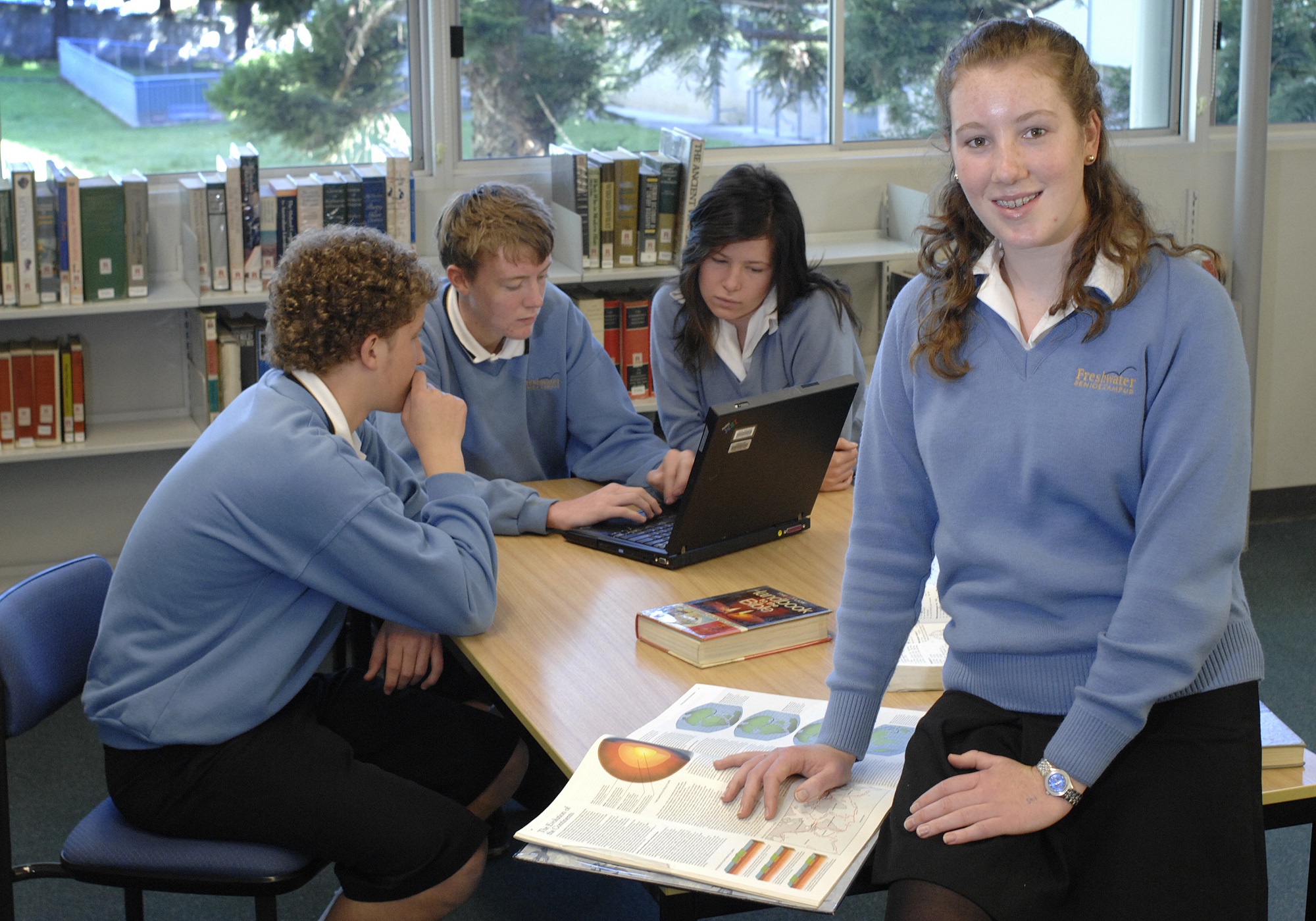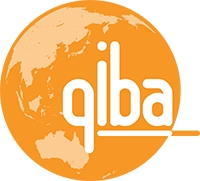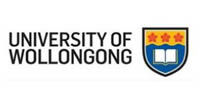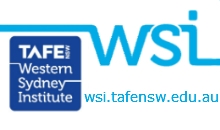NSW Goverment High Schools - NSW Department of Education
Overview
List of Courses
Overview
About the International Student Program
This program offers students applying for a student visa the opportunity to experience our inclusive school culture, first-class teaching and learning, gain high-level English language skills, and experience an Australian lifestyle.
Students may apply to complete their secondary education in a NSW government school or for up to 2 years of study in primary school.
Students who successfully complete their studies in Year 12 are awarded a Higher School Certificate (HSC) and an Australian Tertiary Admissions Rank (ATAR).
Go to alphabetical list of schoolsfor profiles of high schools offering the International Student Program.
Description
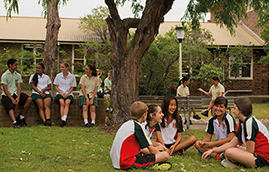
The NSW Department of Education is committed to meeting ESOS legislative requirements to ensure our students have a safe, enjoyable and rewarding study experience.
Read more about the ESOS Framework here
Eligibility requirements
![]()
General
Students need to:
- be age appropriate for the year level applied for
- demonstrate an ongoing enrolment in a mainstream school
- achieve good passing grades in their main academic subjects
- choose an appropriate accommodation option for the level of studies applied for (see more in Accommodation Options below).
![]()
English
Students applying for direct entry into junior high school (Years 7-10) must provide:
- an IELTS result (general or academic) of 5.0 with no individual band below 4.5, or an equivalent result in an another English language test such as TOEF iBT, AEAS, Eiken or CEFR
- evidence of studying for a minimum of two years at a school where all subjects, except languages, were taught in English.
Students applying for direct entry into senior high school (Year 11) must provide:
- an IELTS result (general or academic) of 5.5 with no individual band below 5.0, or an equivalent result in an another English language test such as TOEFL iBT, AEAS, Eiken or CEFR
- evidence of studying for a minimum of two years at a school where all subjects, except languages, were taught in English.
Students who cannot demonstrate they have met the minimum English levels for direct entry into high school will be required to enrol in a NSW government schools – Intensive English Centre (IEC), as preparation for studying in a NSW government high school.
There are no English language requirements for entry into primary school (Kindergarten to Year 6).
Students may apply for enrolment at the beginning of a school term
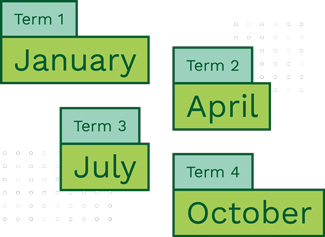
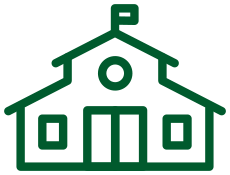
Primary school
Primary school applicants can enrol from Term 1 to Term 4.
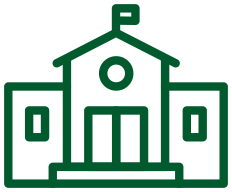
Junior school
High school applicants for Years 7-10 can enrol from Term 1 to Term 4.
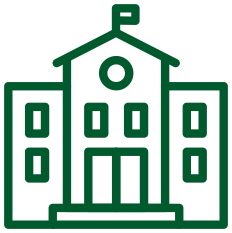
Senior high school
Senior high school applicants for Year 11 must enrol in Term 1 or Term 2 only. It is our recommendation to enrol in Year 11 in January to ensure you have the most amount of time to learn the Preliminary HSC curriculum.
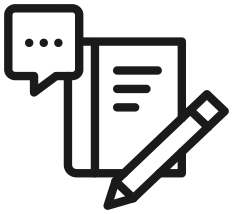
Intensive English Centre
Students applying for a package commencing with an enrolment in an Intensive English Centre can enrol from Term 1 to Term 4.
Choose a school
NSW government schools may only enrol international students if there is still capacity after calculating for unexpected enrolments from local residents. International students are not eligible to enrol in a selective high school.
Students can choose from a wide range of comprehensive schools across Sydney and New South Wales. Most schools are co-educational, with a small number of boys only or girls only schools. There are also a range of schools specialising in:
- Performing arts (e.g. music, dance)
- Creative and visual arts (e.g. painting, drawing, sculpting)
- Languages
- Sport.
Each school has a catchment area where students must live in to be eligible to enrol at the school. Students who will be living with a relative or have nominated a carer to be approved will need to enrol at a school that is local to the address for the relative or carer.
Students who have requested a homestay placement or who will be living with their parent will have a wider range of locations to choose a school from. There are some areas of Sydney and regional NSW where DE International is unable to find homestay families.
Go to alphabetical list of schoolsfor profiles of high schools offering the international student program.
Our Intensive English Centres help prepare students whose English need further development to enrol into a NSW government high school. Students typically need to study 2 terms in an Intensive English Centre before progressing to a NSW government high school where they will receive continued ESL support.
Students can choose from one of the following accommodation (welfare) options
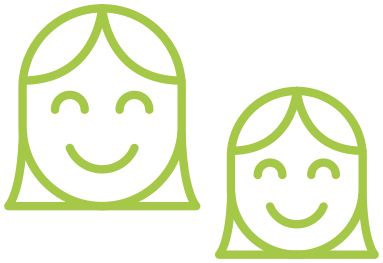
Living with a parent
Nominating a parent who will be accompanying the student on a guardian visa is required for Kindergarten to Year 4 and optional for all other year levels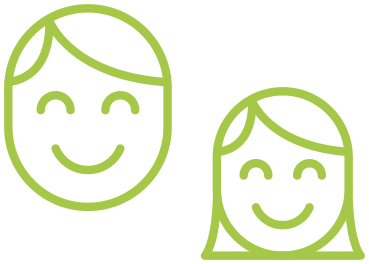
Live with a direct relative
Nominating a direct relative as a carer to be approved by the Department of Home Affairs. Required for Years 5-8 and optional for Years 9-12.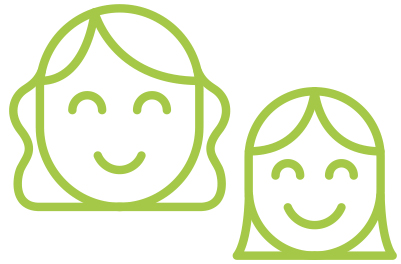
Live with a distant relative or close family friend
Nominating a distant relative or close family friend as carer to be approved by the NSW Department of Education. Available for Years 9 and above only.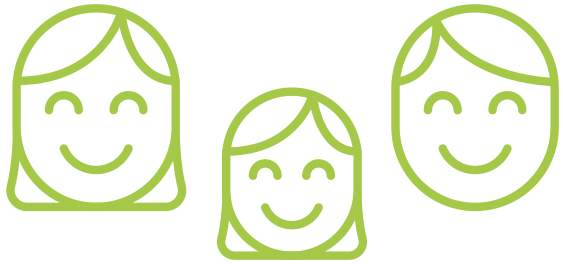
Live with a homestay family
Requesting a homestay placement is available for students in Years 9 and above only.Visa and immigration requirements
After an offer of placement has been accepted by the student and payment of fees received, DE International will issue a Confirmation of Enrolment (CoE), which is used to apply for a student visa.
Genuine Temporary Entrant (GTE) criteria
The Genuine Temporary Entrant (GTE) requirement is an integrity measure used by the Department of Home Affairs in its assessment of student visa applicants to ensure that the visa will be used for study purposes only and to verify a genuine intention to stay in Australia temporarily.
To comply with student visa regulations, DE International will assess all applications against the GTE requirements.
In some cases applicants will be asked to apply through an education agent registered with DE International who will assist with the visa application, including GTE assessment.
Students must hold a valid student visa in order to enrol in a NSW government school under this program.
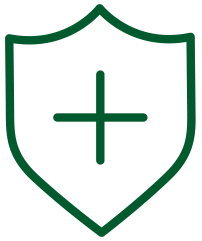
Fees
International students must pay an application fee when submitting an application. A statement of fees is issued by DE International with a letter of offer, stating fees that must be paid in order to accept the offer and to receive a Confirmation of Enrolment (CoE).
Students may choose to pay more than 50% of their tuition fees before the course commences.
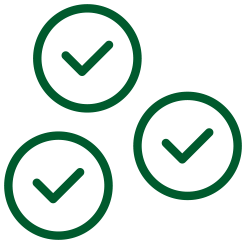
Responsibilities of international students
International students must meet student visa requirements, including:
- Maintaining a minimum of 80% attendance of all classes
- Meeting course progress requirements
- Maintaining approved living arrangements
- Abiding by Australian laws.
Further information on these conditions and other processes for requesting leave, requesting a change to living arrangements or making a complaint or appeal can be found in our Information for International Students handout.
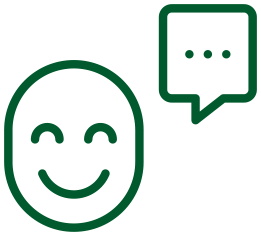
Support for overseas students during their stay
Our schools provide a range of support services to ensure our students settle in, are well supported and achieve their best. These include:
- student support team consisting of an international student coordinator, year advisor, counsellor and careers counsellor
- English language support
- homework centre.
Go to alphabetical list of schools for profiles of high schools offering the International Student Program.
High schools
Our high schools provide students from Years 7 to 12 with a quality education in a broad range of subjects.
High schools are different from primary schools in several ways:
- classes are organised differently
- there are a greater number of subjects - core and elective
- schools are often larger in size
- there is a greater level of personal responsibility expected of students.
Learning in high school
Subjects offered by secondary schools follow the requirements set by the NSW Education Standards Authority (NESA) to enable students to receive their Record of School Achievement (RoSAExternal link) or Higher School Certificate (HSCExternal link). Some schools also offer vocational education and training (VET) programs.
For more information, visit NSW Education Standards Authority (NESA) useful informationExternal link for parents
Special learning needs
The department provides specialist support classes, as well as schools for specific purposes (SSPs). Discuss options with the principal of your local school if your child has special learning needs.
For more information and assistance with special learning needs, you can:
- call the educational services team on 131 536
- visit Disability, learning and support.
Practical help for parents and carers
Visit Parents and carers for useful information and strategies to help your child with tests, exams, and homework in general.
Specialist high schools
As well as comprehensive high schools, some schools focus on a particular area.
Creative and performing arts high schools
Our creative and performing arts high schools provide opportunities for students to pursue excellence within the creative and performing arts while studying the core curriculum prescribed by NESA.
Creative and performing arts high schools offer artistic education programs to prepare students for exciting careers in the arts and associated industries. These schools offer a specialised environment with performance and creative spaces, lighting and sound systems, dance studios and specialist teachers.
In addition to the core subjects prescribed by NESA, students can specialise in subjects such as dance, drama, music and visual arts.
Intensive English
Intensive English Centres (IECs) and the Intensive English High School (IEHS) provide intensive English as an additional language or dialect (EAL/D) tuition to recently arrived, high school students whose first language is not English. In addition to intensive English tuition, the IECs and the IEHS provide orientation, settlement and welfare programs to prepare students for learning in a NSW public high school and participation in Australian society.
Newly arrived students from language backgrounds other than English who present for enrolment in high school should be referred to an IEC or the IEHS for assessment and possible enrolment.
Recently arrived Year 6 students may transfer from a primary school to an IEC or the IEHS to prepare for entry to high school the following year. These students must be 11 years of age by 31 July in the year of enrolment. For more information, including IEC and IEHS contact details, visit Intensive English Centres.
Language high schools
Our language high schools provide specialist language education in combination with the core curriculum prescribed by NESA. Language high schools have specialised language equipment and rooms. They help talented students expand their vocabulary and perfect their pronunciation in a range of different languages.
Saturday School of Community Languages
The Saturday School of Community Languages gives students an opportunity to study the language they speak at home if an appropriate course in that language is not offered at their own school. Centres operate on Saturdays and are located across Sydney, and in Newcastle and Wollongong.
Approximately 3,500 Years 7 to 12 students follow NESA syllabuses in 24 languages. These subjects are assessed as part of their Stage 5 and HSC studies.
Visit Saturday School of Community LanguagesExternal link for enrolment forms.
Sports high schools
Our sports high schools provide opportunities for students to achieve sporting and academic excellence. Sports high schools offer flexible educational programs which are supportive of students' training and competition commitments. Talented students study the core curriculum prescribed by NESA as they pursue their chosen sport. These schools also offer specialised training facilities and fields to help students excel.
There are 7 department sports high schools in NSW:
- Endeavour Sports High School
- Hunter Sports High School
- Illawarra Sports High School
- Matraville Sports High School
- Narrabeen Sports High School
- The Hills Sports High School
- Westfields Sports High School.
Search for more information about each sports high school by Using the School Finder
Technology high schools
Technology high schools focus on the use and application of technology across a range of fields, including a rural context.
In addition to the core subjects prescribed by NESA, students can study specialist technology subjects to help prepare them for the changing needs of today's society.

